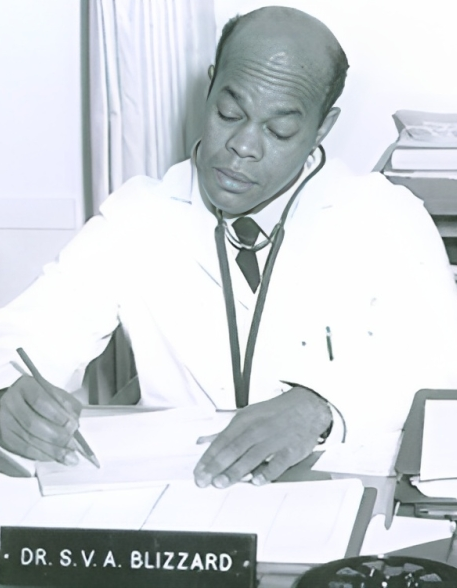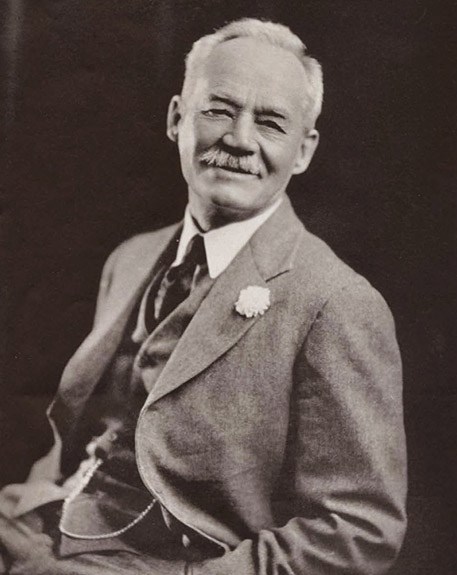2025 INDUCTEE Deborah Cook, MD Lungs, Patient Care, Digestion
October 5, 1960
(Toronto, Ontario)
MD, McMaster University (1985)
MSc(Epid), McMaster University (1990)
2024: McLaughlin Medal, the Royal Society of Canada
2022: Gairdner Wightman Award
See All AwardsAwards & Honours:
2024: McLaughlin Medal, the Royal Society of Canada
2022: Gairdner Wightman Award
2021: IMPACT Award, End of Life Care, Schwartz Center for Compassionate Healthcare
2021: Lifetime Achievement Award, American College of Critical Care Medicine, Society of Critical Care Medicine
2020: Family-Centered Care Award: The 3 Wishes Project, American College of Critical Care Medicine, Society of Critical Care Medicine
2019: Gold Leaf Award for Impact, CIHR
2017: Killam Fellowship, Canadian Council Killam Program
2017: Distinguished Lecturer Award in Critical Care Sciences, Canadian Critical Care Society/Institute of Circulatory and Respiratory Health
2015: Officer of the Order of Canada
2015: Distinguished University Professor, McMaster University
2014: Grenvik Award for Ethics, American College of Critical Care Medicine, Society of Critical Care Medicine
2013: Lifetime Achievement Award, American Thoracic Society
2010: Fellowship, Canadian Academy of Health Sciences
2009: Fellowship, Royal Society of Canada, Life Sciences Division, Academy of Science
2007: Leadership in Faculty Teaching (LIFT) Award, Ontario Ministry of Training, Colleges and Universities
1993: Fellow, American College of Chest Physicians
1989: Fellow, Royal College of Physicians and Surgeons of Canada
1985: Medical Council of Canada Licensing Examination
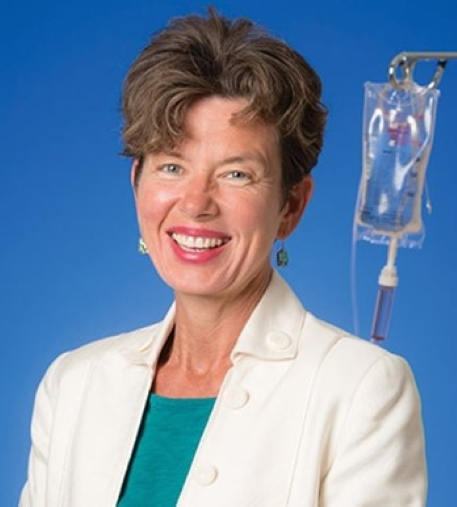
A pioneering researcher in critical care medicine
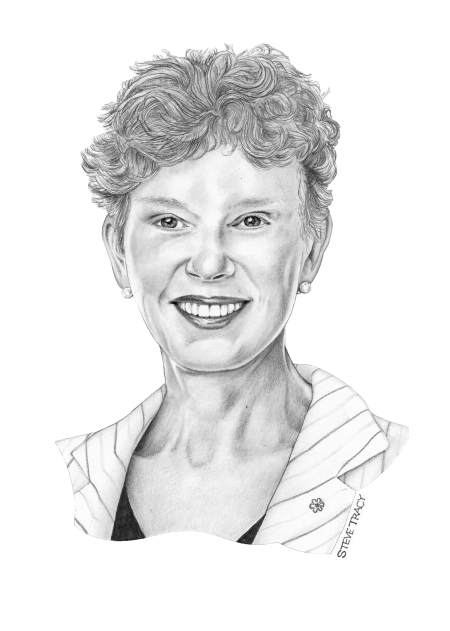
Renowned for her pioneering research on intensive care unit (ICU) practices, Deborah J. Cook, MD has transformed research methods and outcomes for critically ill patients. Her work in evidence-based medicine has shaped protocols for sepsis management, fluid resuscitation, and preventing complications of critical illness, saving countless lives in ICUs worldwide. Dr. Cook’s pivotal randomized trials have influenced both practice and policy, with vast benefits for patients and their families. Among her most significant impacts is the “3 Wishes Project,” a culmination of her many studies on the challenging subject of dying while dependent on life support. Since its inception in 2013, this award-winning program has been used in numerous hospitals globally to recognize and respect the wishes of dying patients, create meaningful memories for their loved ones, and help clinicians provide better end-of-life care. In addition to sharing her research contributions in over 900 peer-reviewed publications, Dr. Cook has mentored some of the most productive leaders in health care. Practising as a front-line physician during the COVID-19 pandemic, she also interpreted crucial safety data for the Canadian government and World Health Organization.
Dr. Cook’s exemplary career reflects her dedication to advancing critical care medicine through rigorous science and compassionate care.
Key Facts
Conducted multiple landmark studies on preventing common complications of critical illness, providing key evidence for better bedside care worldwide
Developed the first validated quality-of-death-and-dying questionnaire for ICU patients, improving end-of-life care practices
With prolific outputs including around 900 peer-reviewed articles and $157 million in research grants, Dr. Cook is consistently ranked among the world's most influential clinical researchers
Designed and participated in several vaccine trials and played a pivotal role in interpreting data for the World Health Organization in response to the COVID-19 pandemic—while also practising on the front line
Fun Fact: Deborah and her partner Robert enjoy being walked three times a day by Rufus, their 85-pound Saint Berdoodle.
Professional timeline
Impact on lives today
Dr. Deborah Cook's evidence-based research has revolutionized how we care for critically ill patients, particularly through improved mechanical ventilation practices and blood clot prevention. Beyond these clinical treatments, she has helped countless patients and families by developing more effective and compassionate ways to assess and manage end-of-life care. Her methodological innovations have also created a framework for future researchers to conduct more reliable critical care studies, ensuring the field continues to advance for generations to come.

2026
-
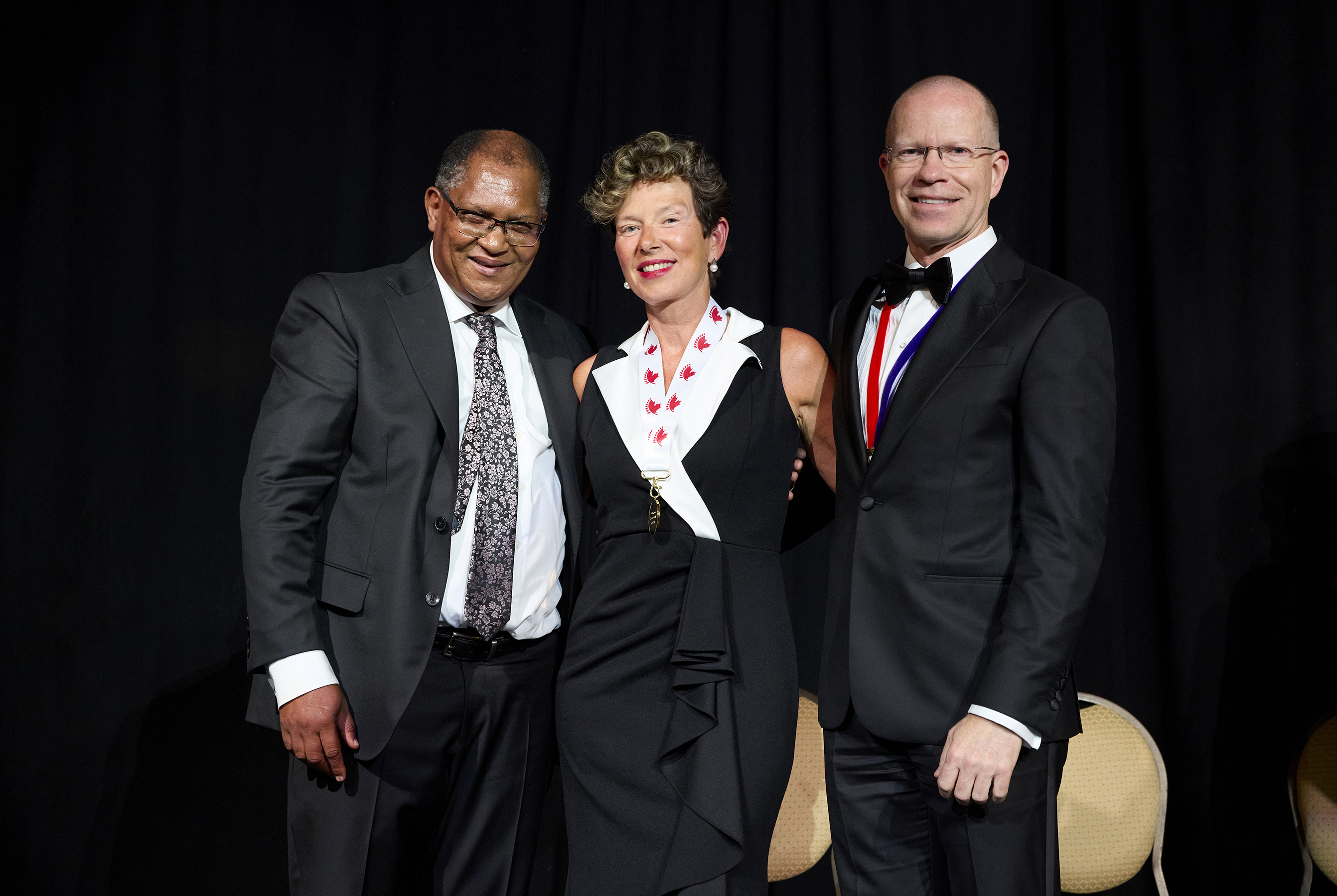
Deborah Cook inducted into the Canadian Medical Hall of Fame
Hamilton (Ontario)
-

Co-led the Re-Evaluating the Inhibition of Stress Erosions (REVISE) Trial, a global trial with 4,800 patients
The trial studied gastrointestinal bleeding prevention in critical care, confirming that a widely available antacid helps prevent upper gastrointestinal bleeding in critically ill adults.
-

Three-term Canada Research Chair in Knowledge Translation in Critical Care, CIHR
Dr. Cook’s bedside clinical work is complemented by a three-term Tier 1 Canada Research Chair in Knowledge Translation in Critical Care – work she conducted with seasoned Critical Care Research Coordinators.
-

Appointed to the Prime Minister’s COVID-19 Science Advisory Committee and to the WHO SOLIDARITY Trial data Monitoring Committee
Dr. Cook held several prominent roles in interpreting crucial, dynamic efficacy and safety data in response to the global public health crisis in Canada and with the World Health Organization.
-
Served on the Research and Development Advisory Committee at the George Institute for Global Health, Australia
-

Course Co-director: Research Synthesis in the Health Sciences, Department of Clinical Epidemiology & Biostatistics, McMaster University
This course became the foundational methodology course for the growth of more rigorous systematic reviews and meta-analyses, which serve as the backbone for clinical practice guidelines.
-
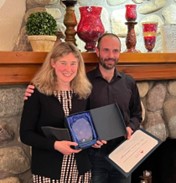
Establishment of the Deborah J. Cook Mentorship Award, Canadian Critical Care Trials Group
The creation of this award recognizes Dr. Cook’s dedicated mentorship of the next generation of clinician-scientists and researchers, many of whom have also gone on to become world leaders in their fields. This photograph shows recipient Dr. François Lamontagne in 2023, honouring the influence of his mentorship on others.
-
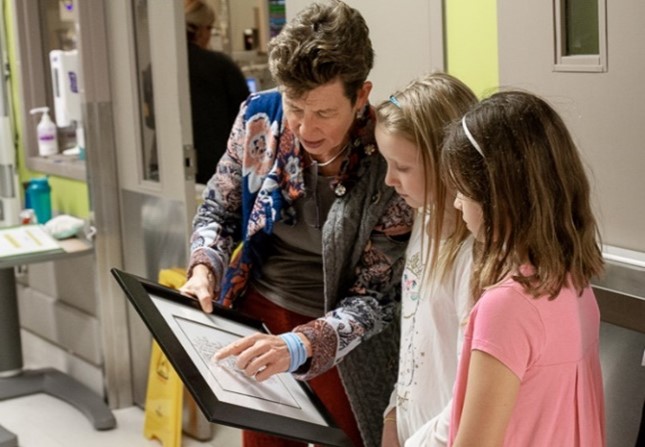
Launched the innovative “3 Wishes Project”
Evidence-based Medicine & Clinical TrialsIt is an end-of-life care program focused on eliciting and implementing the personal wishes of dying ICU patients, respecting their dignity and celebrating their lives. The program honours the preferences and dignity of dying patients, supports family members in grief, and calls forth clinician compassion.
-
Thromboprophylaxis for Invasively Ventilated Patients
This large international trial showed that the newer, more expensive, low molecular-weight heparin was more effective and cost-effective than standard heparin in preventing blood clots in critically ill patients.
-

Dr. Cook co-founded the Canadian Critical Care Trials Group (CCCTG)
Science and ResearchShe went on to serve as two-term chair of CCCTG from 1996-2004, transforming it into the world’s longest-standing productive critical care research consortium.
-
Published her findings from a large multicenter study on upper gastrointestinal bleeding in the New England Journal of Medicine
-
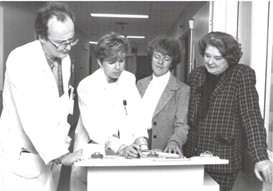
Completed Critical Care Fellowship at Stanford University
During her critical care fellowship at Stanford University, Dr. Cook also worked on her Master’s degree in design, measurement, and evaluation. She was recruited to McMaster as the first Canadian intensive care physician formally trained in critical care and clinical epidemiology.
-

Graduated from medical school at McMaster University
Dr. Cook completed her undergraduate medical degree and general internal medicine training at McMaster University, identifying the need to improve the care of the sickest patients in hospital.
1985
Empathy may be invisible. Acts of compassion are more evident. I'm hoping that compassionate critical care will be sustained in the future.

